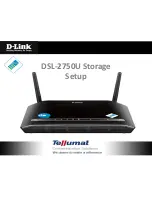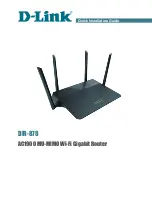
Chapter 4 System Startup and Basic System Configuration
Cisco IOS User Interface
4-16
Cisco 12010, Cisco 12410, and Cisco 12810 Router Installation and Configuration Guide
OL-11496-01
The configuration modes allow you to make changes to the running configuration
file. If you save the configuration, the commands are stored and persist across
router reboots. In order to access the various configuration modes, you must start
from global configuration mode. From global configuration mode, you can enter
interface configuration mode, subinterface configuration mode, and a variety of
protocol-specific modes.
ROM monitor mode, described earlier in this chapter, is a separate mode used
when the router cannot boot properly. If your router does not find a valid system
image when it is booting, or if its configuration file is corrupted at startup, the
system typically enters ROM monitor mode.
User EXEC Mode
After the system boots successfully and loads the Cisco IOS software, the user
EXEC mode prompt appears on the system console. The user EXEC mode prompt
consists of the router host name followed by the right angle bracket (>). The
following example shows the user EXEC mode prompt for a router with the
factory default name Router.
Router>
Note
The default host name is
Router
unless it was changed during initial configuration
using the
setup
command facility.
Privileged EXEC Mode
To enter privileged EXEC mode, enter the
enable
command at the user EXEC
mode prompt. If the enable secret password is set and saved in memory, the
system prompts you to enter the enable secret password. The password does not
appear on the window and is case sensitive. When the system accepts the
password, the prompt changes to the privileged EXEC mode prompt, which
consists of the router host name followed by the pound sign (#).
Note
Because many of the privileged commands set operating parameters, privileged
access should be password-protected to prevent unauthorized use.
Summary of Contents for 12010 series
Page 6: ......
















































